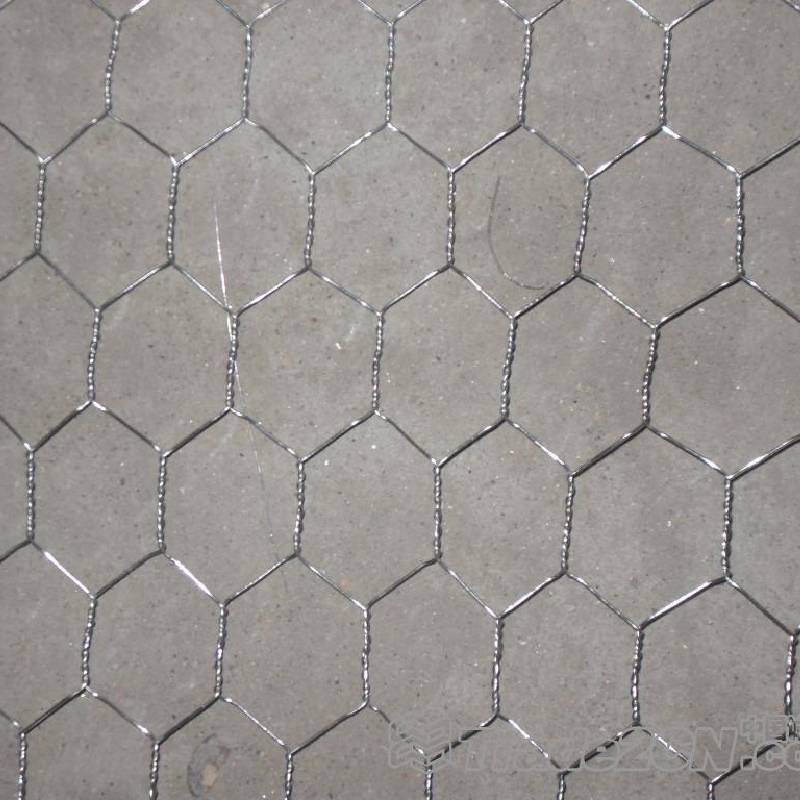
- Mobile Phone
- +8613931874955
- sales@cntcmetal.com
custom extension springs
Custom Extension Springs A Comprehensive Guide
Extension springs are vital components in various mechanical systems, designed to absorb and store energy while resisting tensile forces. When a load is applied, these springs elongate, allowing them to return to their original shape once the load is removed. Custom extension springs are tailored to meet specific requirements of different applications, offering enhanced performance and reliability. In this article, we will explore the importance, manufacturing process, and applications of custom extension springs.
Importance of Custom Extension Springs
One of the key advantages of custom extension springs is their adaptability to unique specifications. Standard springs may not always meet the particular needs of an application, especially in specialized industries such as aerospace, automotive, and medical devices. Custom extension springs are engineered with precise dimensions, coil spacing, and material properties, ensuring optimal performance under varying conditions.
Additionally, customization allows for unique designs that cater to specific load capacities, elongation limits, and environmental factors. By working closely with manufacturers, engineers can develop extension springs that provide optimal tension, longevity, and resistance to fatigue, which can ultimately lead to improved efficiency and safety in mechanical systems.
Manufacturing Process
The manufacturing of custom extension springs involves several steps to ensure the final product meets stringent specifications. It typically begins with selecting the appropriate material. Common materials include stainless steel, music wire, and oil-tempered wire, each offering different properties in terms of strength, corrosion resistance, and flexibility.
custom extension springs

After material selection, the wire is drawn to the desired diameter and then coiled into the spring shape. The coiling process is critical; it involves precise tension control to achieve consistent coil spacing and diameter. Once coiled, the springs undergo heat treatment to enhance their mechanical properties, allowing them to return to their original shape after being stretched.
The final steps include testing and quality control to ensure that the springs perform as expected. This might involve measuring parameters such as load capacity, elongation, and resilience under varying conditions. Only after passing these tests, the custom extension springs are ready for delivery to clients.
Applications of Custom Extension Springs
Custom extension springs find applications in diverse sectors. In the automotive industry, they are used in mechanisms such as trunk lids, hoods, and seat recliners, offering smooth and reliable operation. In the aerospace sector, these springs contribute to the functioning of landing gear and safety mechanisms.
Moreover, custom extension springs are vital in industrial machinery, consumer products, and medical devices, where precise performance is crucial. For instance, in exercise equipment, they provide the necessary resistance to enable workouts, while in medical applications, they often facilitate the operation of devices ranging from syringes to diagnostic machines.
Conclusion
Custom extension springs play a critical role in the functionality of various mechanical systems. Their ability to be tailored for specific needs ensures that they meet the demands of diverse applications while maintaining performance and reliability. By understanding their significance, manufacturing process, and applications, businesses can make informed decisions when seeking spring solutions tailored to their unique requirements.
share:
-
Creative Ways to Decorate Your Tomato CageNewsAug.22,2025
-
Common Mistakes When Installing Brick Wall TiesNewsAug.22,2025
-
Customizing Conical Springs for Aerospace ApplicationsNewsAug.22,2025
-
Galvanized Tie Wire for Binding PipesNewsAug.22,2025
-
Environmental Impact of Using Snake Spacers in PlumbingNewsAug.22,2025
-
Sacrificial Formwork Systems for Complex StructuresNewsAug.22,2025
-
Wall Ties for Concrete: Invisible Guardians of Building Structural StabilityNewsAug.08,2025
